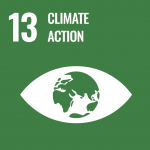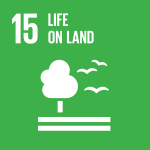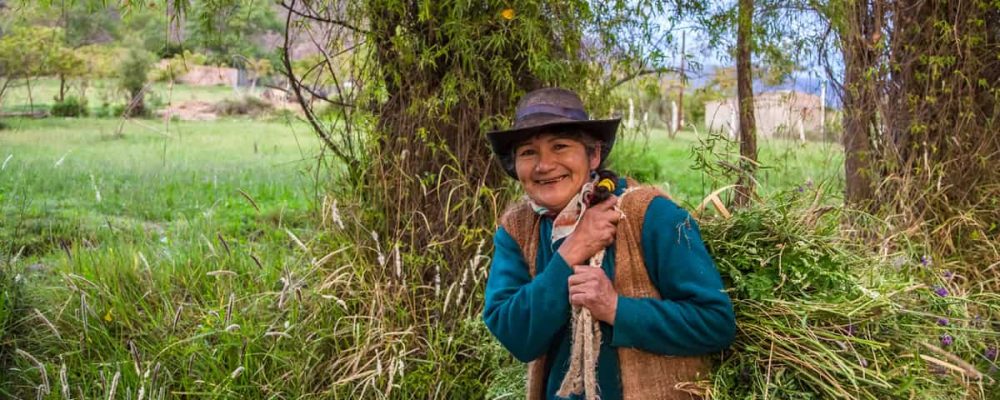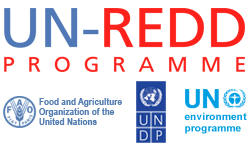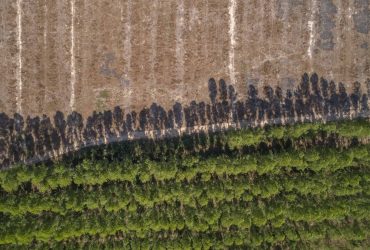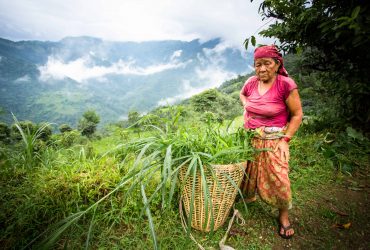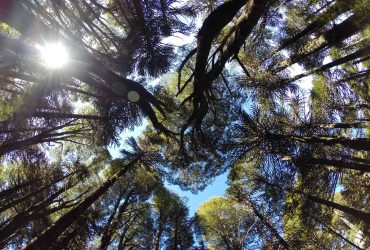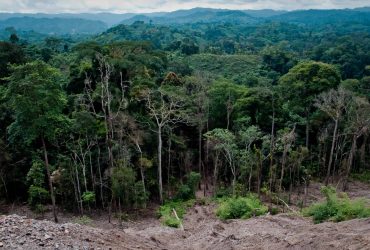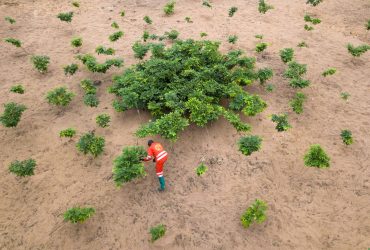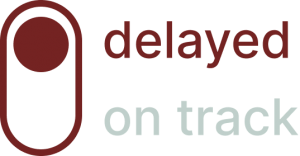


Forest Solutions Realized: During 2022, Argentina launched implementation of the GCF’s Results-based Payment project, designed to enhance and scale up implementation of national policy on forests and climate change, including the law for the conservation of native forests and the country’s NDC. UN-REDD technical assistance complemented support related to enabling activities and ensuring synergies with broader REDD+ efforts. For instance, initial inputs for strengthening the SIS and for updating the summary of safeguards information have been provided, including related to strengthening links to information generated through the Green Climate Fund (GCF) Results-based Payments (RBPs) project.
Forest Solutions Rewarded: As a significant milestone in its national REDD+ process, Argentina submitted its second REDD+ Technical Annex in 2022, with results for the years 2017-2018 for a total of 109 MtCO2e.
Dialogues were held with the Government of Argentina on partnerships and innovative approaches to access high environmental and social integrity climate finance, including the review of work and approaches on digital Measurement, Reporting, and Verification (MRV). Discussions occurred with the Ministry of Environment and Sustainable Development (MAyDS) on further opportunities for accessing REDD+ climate financing, including through ART-TREES. The full assessment of carbon finance options is anticipated to take place in 2023.
Political changes in Argentina have affected the definition of some priority areas for REDD+, including opportunities for forest and climate finance and the definition of legal aspects related to carbon and market access. Initial discussions have begun, and it is expected there will be further definition of priority areas for TA support for 2023.
During the inception phase of the RBP project, technical personnel in MAyDS dedicated a bulk of their attention to the development of implementation arrangements. Synergies and cross-fertilization with the UN-REDD TA were identified towards safeguards, monitoring and reporting, with joint work expected to advance in 2023.
For safeguards work, the main focal points have been part of the RBPs project. As that project has started implementation, there have been other priorities for safeguards staff related to the development of safeguards analyses for the project, among other things. It is expected that with project implementation beginning, there will be more of a focus on safeguards monitoring and reporting, which the TA will continue to support in 2023.
The GCF Argentina’s Results-based Programme produced a gender action plan in 2020. As part of this work, a dedicated support stream for women’s enterprises in native forests was launched. The UN-REDD programme is expected to support refining the action plan and opportunities for broader mainstreaming in 2023. The advisory committees for the payment for results project were formed in 17 provinces. Women’s participation has been enhanced over time, with participation rates in initial meetings at 24 percent, and 43 percent in subsequent meetings.
MAyDS is leading, in conjunction with FAO as the accredited entity and technical agency, the implementation of the GCF REDD+ RBP project, recognizing Argentina’s REDD+ results for the years 2014 and 2016, worth of $82 million. The REDD+ RBP is not a stand-alone project, but it is fully framed within Argentina’s Forest Law as an active element of the country’s forestry agenda implementation.
It helps Argentina as it advances its Sustainable Development Goals and Paris Agreement targets, while promoting territorial forest management and forest restoration, enhancing and upscaling forest-friendly livestock management, the sustainable use of wood and non-wood forest products, and the improvement of prevention and early response to forest fires. UN-REDD leverages the established, solid partnership with the project, including various aspects of gender, safeguards, climate finance, emerging standards and high environmental integrity.
UN-REDD´s TA contributes directly to SDGs 13 and 15.
